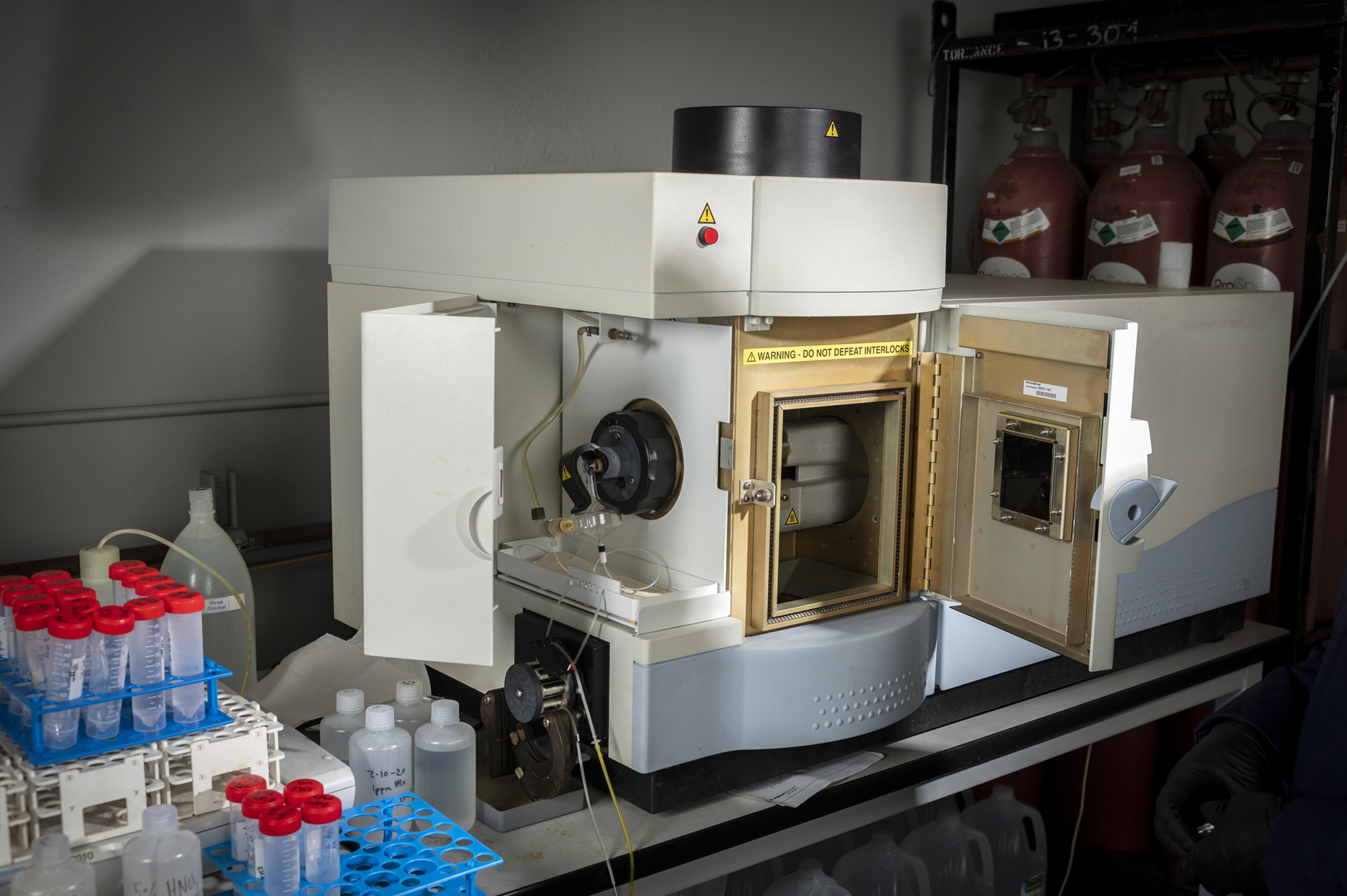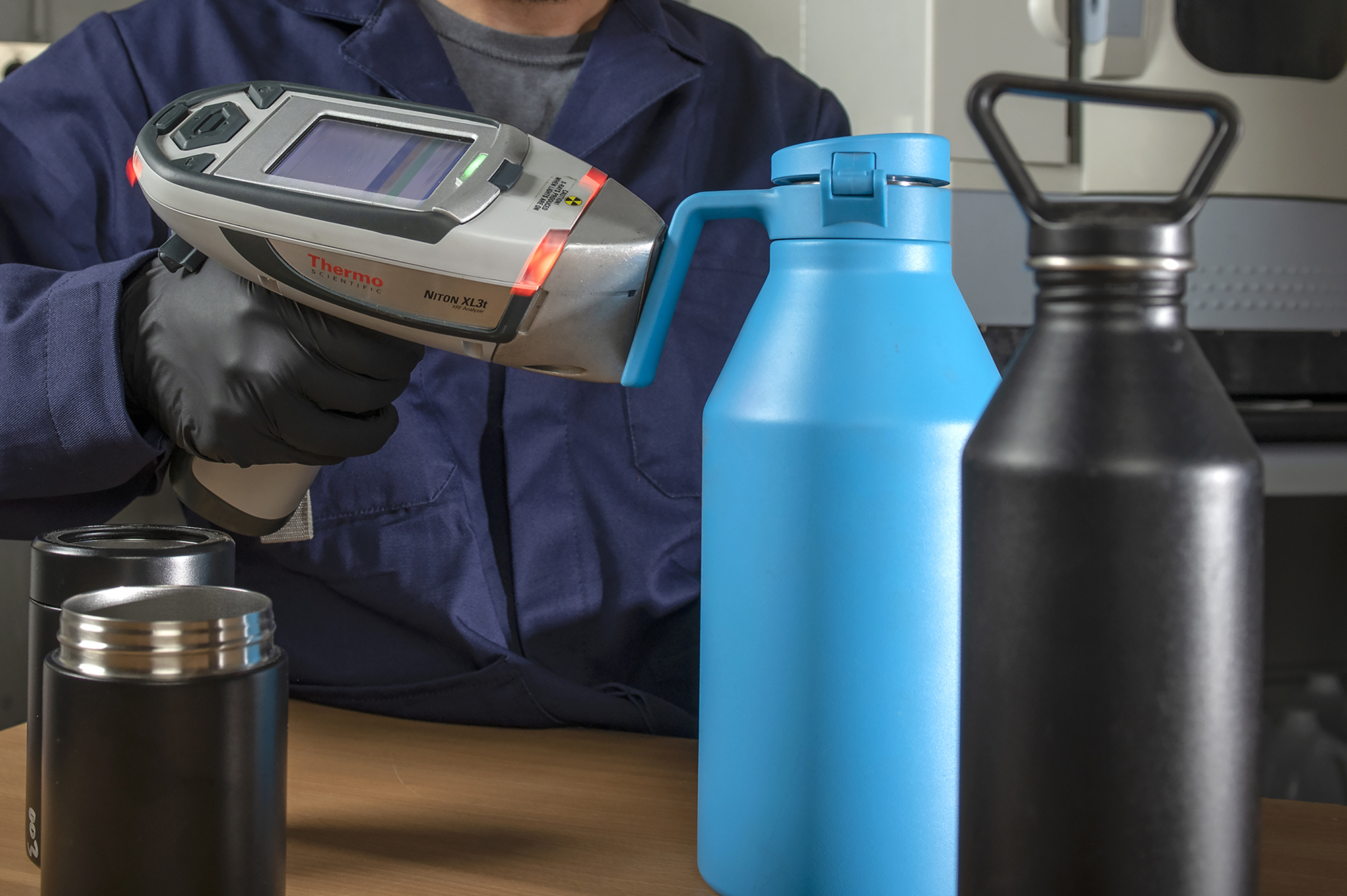Lead Testing
There are two distinct requirements concerning lead in children’s products. One requirement concerns the total lead content of the children’s product, while the other requirement deals specifically with the levels of lead contained in the paint or surface coating of a children’s product. All children’s products must undergo third-party testing to ensure that products do not contain a concentration of lead greater than 0.009 percent in paint or any similar surface coatings. Higher levels of lead in children’s products can be hazardous and cause future health problems. We provide intensive lead testing on a wide variety of products to mitigate health hazards associated with high levels of lead.


Cadmium and Mercury Testing
Cadmium is a highly toxic substance, exposure to which can produce a wide range of health effects. Cadmium can replace zinc in the body and can bind strongly to certain biological systems, It can build up in the kidneys and cause kidney damage while it is also been found to cause several types of cancer. With increasing evidence of cadmium’s toxicity, both national and international agencies have sought to regulate its exposure.
Poisonous Heavy Metal Testing
Sometimes mercury is released through emissions from manufacturing, use, or disposal activities. Mercury in the air eventually settles into water or onto land where it can be washed into the water. High mercury exposure results in the permanent nervous system and kidney damage. Mercury is commonly found in thermometers, manometers, barometers, gauges, valves, switches, batteries, and high-intensity discharge lamps. It is also used in amalgams for dentistry, preservatives, heat transfer technology, pigments, catalysts, and lubricating oils. Due to the hazards caused by high levels of mercury, we offer mercury testing in products to ensure health safety.


Phthalates Testing
Phthalates are chemical plasticizers that are often used in the production of many types of plastics to make plastics softer and more pliable. Congress has permanently banned three types of phthalates greater than .1 percent in children’s products: DEHP, DBP, and BBP. The CPSIA has also banned DINP, DIDP and Dn0P on an interim basis meaning that limits apply to children’s toys that can be placed in a child’s mouth. It is the manufacturer’s obligation to ensure that any alternative plasticizer that is used be adequately tested by a third party testing laboratory to ensure that it does not pose a risk of injury under normal use or reasonably foreseeable misuse. Children’s products that are hazardous or contain a hazardous substance are automatically banned.
BPA Testing
In very small amounts, many heavy metals are necessary. However, in larger amounts, they may become toxic. Toxic metals, including Arsenic, Nickel, Chromium and BPA are individual metals that can negatively affect people’s health if not tested appropriately. They may build up in biological systems and become a significant health hazard. Broadly, long-term exposure to toxic heavy metals can have carcinogenic, central and peripheral nervous system and circulatory effects.


FDA – Food Contact
The Food and Drug Administration is responsible for upholding and protecting the safety and health of the United States’ general public. The FDA promotes standards regarding food, medications, medical devices, cosmetics, dietary supplements and tobacco. A manufacturer, seller or distributor is required to comply with FDA regulations and is recommended to work with third party testing facilities to ensure that all products meet the minimum standards and regulations.
 ISO/IEC 17025 Accredited Independent Testing Laboratory
ISO/IEC 17025 Accredited Independent Testing Laboratory








